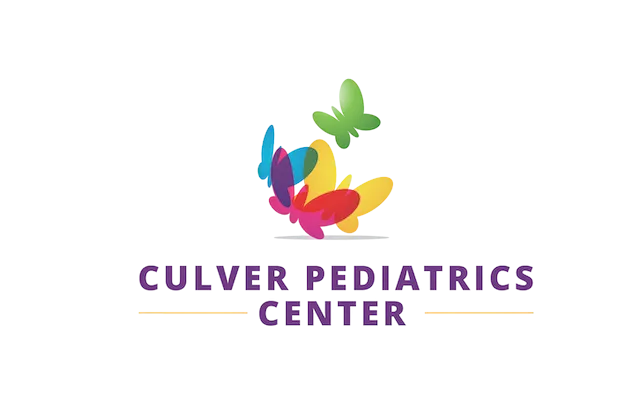Which Labs Require Fasting?

If your child’s provider has ordered lab work, you might wonder whether they’ll need to fast beforehand. It’s one of the most common questions we get at Culver Pediatrics Center, and it’s an important one — because following fasting instructions ensures that your child’s pediatrics lab results are accurate and reliable.
Fasting means avoiding food (and sometimes drinks other than water) for a certain number of hours before the test. But not every test requires it. Below, we’ll help you understand which labs typically need fasting and how to prepare your child comfortably and safely.
Why Some Labs Require Fasting
Certain blood tests measure substances that change based on what we eat or drink — things like glucose (sugar), triglycerides (fat), or cholesterol. When food is present in the bloodstream, those levels can appear higher than they really are.
That’s why your pediatrician may ask for a fasting lab before screening for metabolic or cardiovascular risk factors. It’s a small step that makes a big difference in accuracy.
Common Pediatric Labs That Require Fasting
At Culver Pediatrics Center, we typically recommend fasting for the following tests:
Lipid panel: Measures cholesterol and triglycerides. Fasting helps avoid temporary spikes from recent meals.
Glucose test or A1C (for diabetes screening): Fasting gives a clearer picture of your child’s baseline blood sugar.
Comprehensive metabolic panel (CMP): In some cases, fasting may help refine results for blood sugar and certain enzymes.
Iron studies: Fasting can reduce variability caused by recent food or supplement intake.
Other common pediatric labs — such as complete blood counts (CBC), thyroid panels, vitamin D levels, or inflammation markers — usually do not require fasting.
You can read more about preventive screenings and lab options on our All Services page.
How to Prepare Your Child for a Fasting Lab
We know fasting can sound tough, especially for younger kids, but there are simple ways to make the process smoother:
Schedule morning appointments so your child can fast overnight while sleeping.
Water is allowed — and encouraged! Staying hydrated makes the blood draw easier.
Bring a snack for afterward. A small protein-rich breakfast (like yogurt or fruit with nut butter) helps your child feel better right after testing.
Talk them through it. A calm explanation about why the test matters can reduce anxiety.
What Happens If You Forget to Fast?
Don’t panic! Just let our staff know before the blood draw. In many cases, we can still proceed, but your provider will interpret the results accordingly or reschedule the test if fasting is essential.
Our goal is always accuracy and comfort — not stress.
Fasting Labs Made Easy at Culver Pediatrics Center
At Culver Pediatrics Center, we make the pediatrics lab experience as gentle and family-friendly as possible. Our care team explains every step, helps kids feel at ease, and ensures parents understand when fasting is needed and why.
Preventive testing is a cornerstone of good pediatric care — and accurate labs are the foundation of that prevention.

